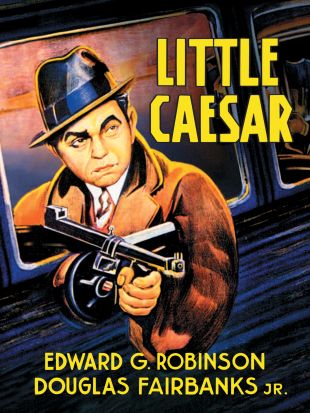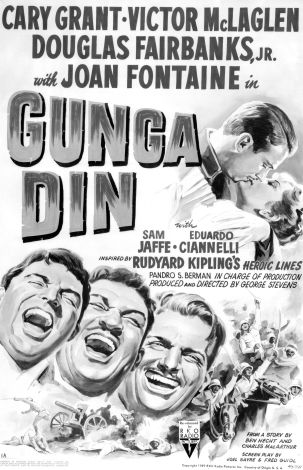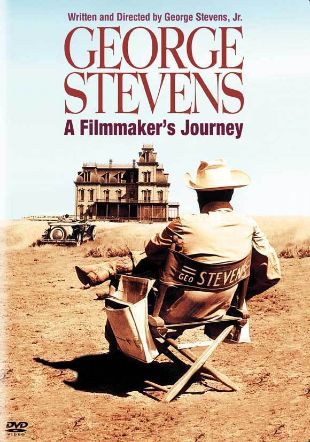American actor Douglas Fairbanks Jr. was the son of film star Douglas Fairbanks Sr. Fairbanks Jr. made his acting debut in 1923's Stephen Steps Out, which was remarkable only in how quickly it went out of circulation. Young Fairbanks was more impressive as Lois Moran's fiancé in 1926's Stella Dallas, though it did give Fairbanks Sr. pause to see his teenaged son sporting a Fairbanksian mustache. Even as a youth, Fairbanks' restlessness would not be satisfied by mere film work; before he was 20 he'd written an amusing article about the Hollywood scene for Vanity Fair magazine. In 1927, Fairbanks appeared in a stage play, Young Woodley, which convinced detractors that he truly had talent and was not merely an appendage to his father's fame. When talking pictures came in, he demonstrated a well-modulated speaking voice and as a result worked steadily in the early 1930s. Married at that time to actress Joan Crawford, Fairbanks was a fixture of the Tinseltown social whirl, but he had a lot more going for him than suspected; in 1935 he offered the earliest evidence of his sharp business savvy by setting up his own production company, Criterion Films--the first of six such companies created under the Fairbanks imprimatur.
Fairbanks had his best role in 1937's The Prisoner of Zenda, in which he was alternately charming and cold-blooded as the villainous Rupert of Hentzau. Upon his father's death in 1939, Fairbanks began to extend his activities into politics and service to his country. He helped to organize the Hollywood branch of the William Allen White Committee, designed to aid the allied cause in the European war. From 1939 through 1944, Fairbanks, ever an Anglophile, headed London's Douglas Voluntary Hospitals, which took special care of war refugees. Fairbanks was appointed by President Roosevelt to act as envoy for the Special Mission to South America in 1940, and one year later was commissioned as a lieutenant j.g. in the Navy. In 1942 he was chief officer of Special Operations, and in 1943 participated in the allied invasion of Sicily and Elba. Fairbanks worked his way up from Navy lieutenant to commander and finally, in 1954 to captain.
After the war's end, the actor spent five years as chairman of CARE, sending food and aid to war-torn countries. How he had time to resume his acting career is anybody's guess, but Fairbanks was back before the cameras in 1947 with Sinbad the Sailor, taking up scriptwriting with 1948's The Exile; both films were swashbucklers, a genre he'd stayed away from while his father was alive (Fairbanks Sr. had invented the swashbuckler; it wouldn't have been right for his son to bank on that achievement during the elder Fairbanks' lifetime). Out of films as an actor by 1951 (except for a welcome return in 1981's Ghost Story), Fairbanks concentrated on the production end for the next decade; he also produced and starred in a high-quality TV anthology, Douglas Fairbanks Jr. Presents (1952-55), which belied its tiny budget with excellent scripts and superior actors. Evidently the only setback suffered by Fairbanks in the last forty years was his poorly received appearance as Henry Higgins in a 1968 revival of My Fair Lady; otherwise, the actor managed to retain his status as a respected and concerned citizen of the world, sitting in with the U.S. delegation at SEATO in 1971 and accruing many military and humanitarian awards. He also published two autobiographies, The Salad Days in 1988 and A Hell of a War in 1993. Fairbanks, Jr. died on May 7, 2000, of natural causes.



